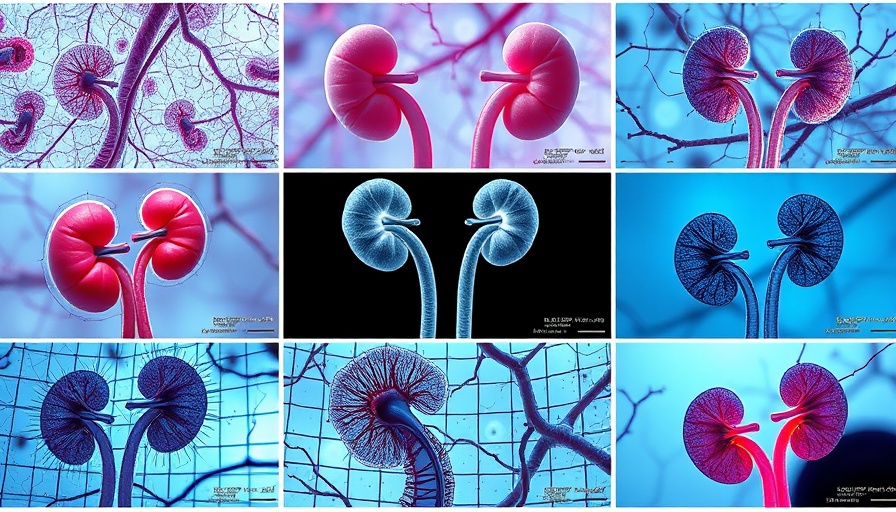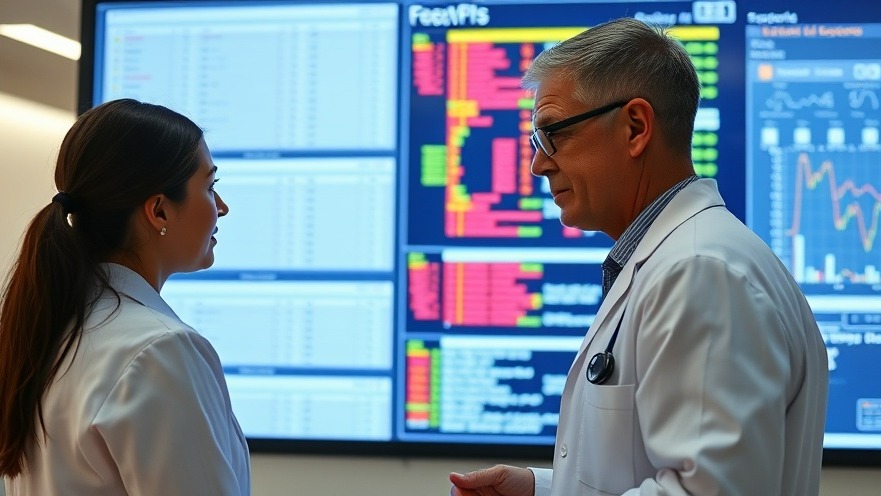
Breakthrough in Kidney Regeneration: A New Era of Organ Development
In a revolutionary study published in The EMBO Journal, researchers at Sheba Medical Center and Tel Aviv University have accomplished a remarkable feat: they have successfully cultivated human kidney organoids from tissue stem cells in the laboratory. This groundbreaking advancement mirrors human fetal kidney development, offering a new avenue for understanding kidney formation and potential regenerative therapies.
Understanding the Progress: From Fetal Development to Laboratory Organoids
The researchers embarked on an ambitious project to replicate the complex processes involved in fetal kidney development. The kidney organoids grew and matured over several months, a significant improvement compared to previous models, which collapsed within four weeks. This cultivation allows researchers unprecedented insight into kidney organogenesis and disease progression, paving the way to identify genes linked to congenital birth defects.
The Significance of a Stable and Pure Organ Model
One of the critical advantages of this new protocol is the establishment of pure kidney organoids. Previous attempts at using pluripotent stem cells resulted in structures developing alongside unintended cellular types. In contrast, the current organoids consist solely of kidney cells, enabling researchers to conduct focused cause-and-effect studies without contamination. Prof. Benjamin Dekel, the study's lead author and head of the Pediatric Nephrology Unit, emphasized, "This is the purest kidney organoid we have developed, which allows for more extensive experimentation and examination of renal pathology."
Moving Beyond Traditional Methods: Exploring New Research Horizons
The innovation in creating these organoids opens up new pathways in research and treatment. Scientists can now explore how fetal kidneys react to different pharmacological substances, which is crucial for understanding the impact of medications on pregnancy. Additionally, this advancement positions regenerative medicine on a stronger foundation, potentially leading to breakthroughs in kidney disease treatment and organ transplantation strategies.
Opportunities for Health Practitioners: What This Means for Patient Care
For concierge health practitioners, this research could signify a shift in patient management strategies. As these organoids become influential in drug testing and regenerative medicine, healthcare providers can offer more personalized treatment options based on emerging data. Staying informed about these trends will allow practitioners to implement the most advanced care protocols based on scientific developments.
Future Predictions: The Next Steps in Research and Application
Looking ahead, the potential applications for these kidney organoids could be transformative. Researchers anticipate they will not only enhance our understanding of renal diseases but also support the development of tailored therapies that leverage the organoids’ unique capabilities. As the scientific community continues to push the boundaries of organ regeneration, health practitioners should prepare to adapt their practices to incorporate these innovations.
Final Thoughts: The Importance of Staying Informed
As the field of regenerative medicine advances, the implications for practice and patient outcomes become increasingly clear. This study exemplifies the intersection of advanced research and practical application in medicine. Health practitioners must remain vigilant about such breakthroughs as they evolve.
Every new development in organoid research could be critical to enhancing patient care. To keep up with these advancements and understand their impact on your practice, engage in ongoing education and discussions with peers regarding foundational studies like these.
Stay informed about these emerging technologies and their implications for treatment strategies—the future of healthcare depends on it!
 Add Row
Add Row  Add
Add 




Write A Comment